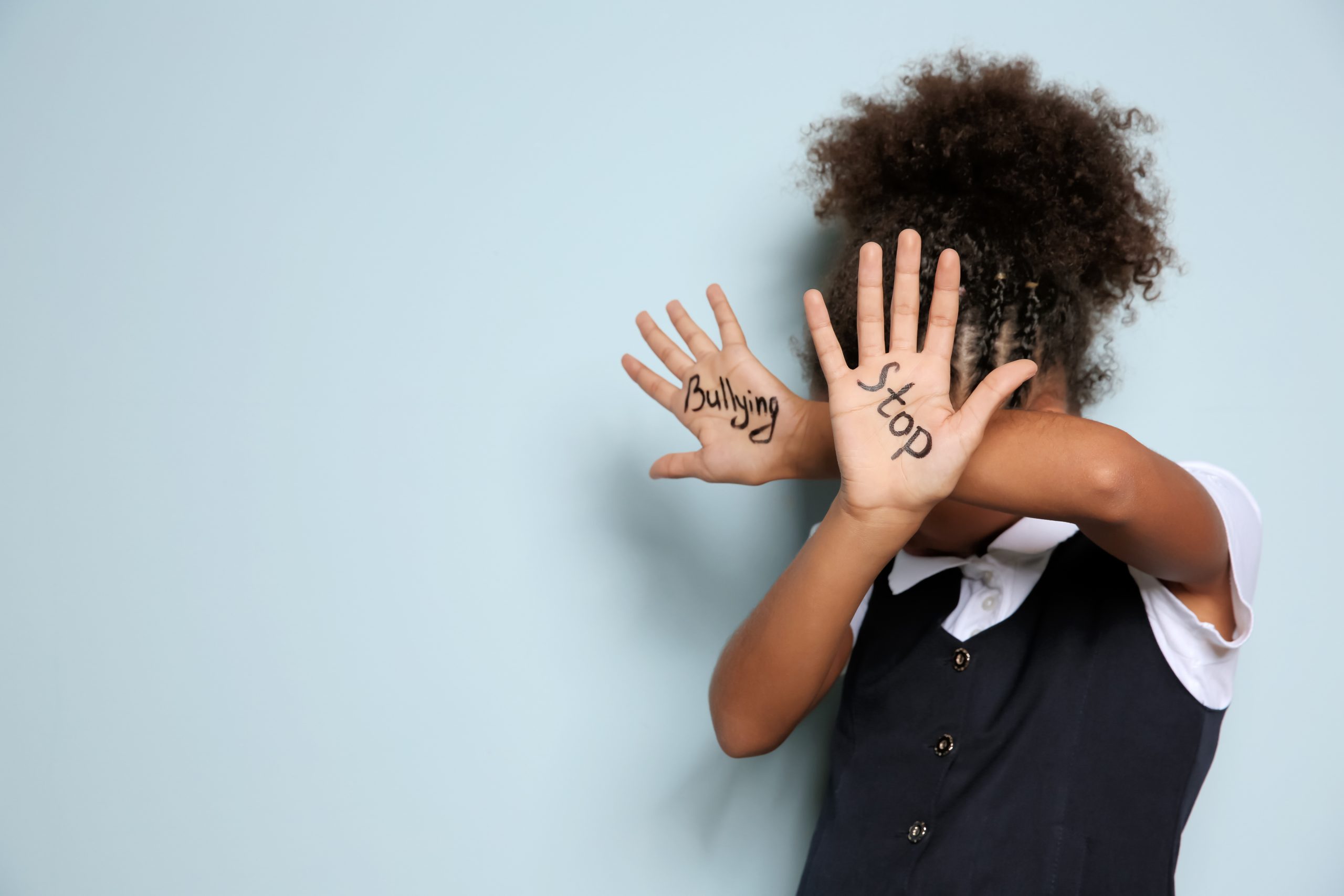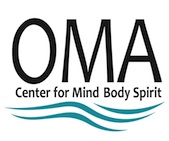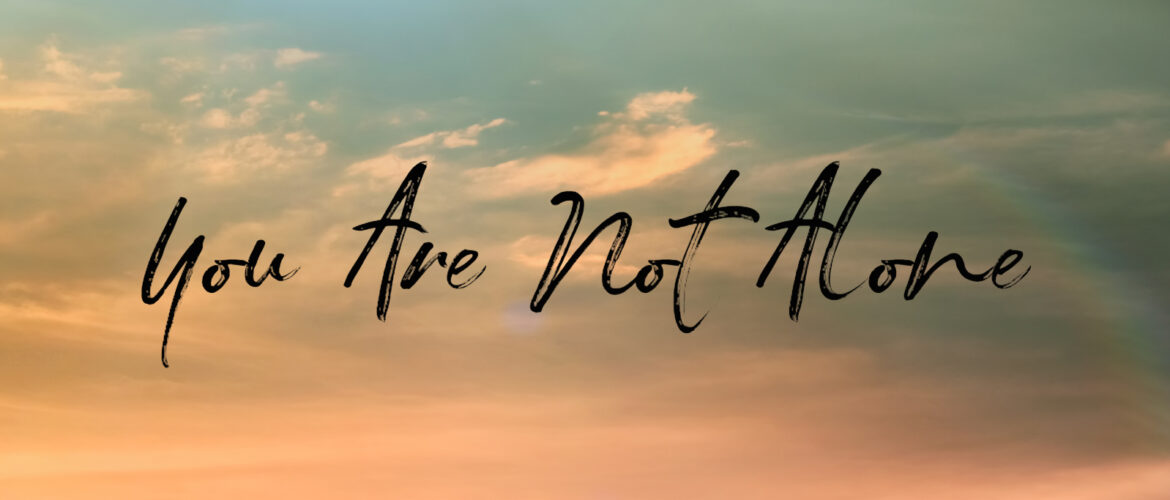
YOU ARE NOT ALONE--Online Panel Discussion
6:30 pm - 8:00 pm Eastern Time
Zoom Webinar
$5 Donation Requested
Includes replay sent to attendees within 48 hrs.
‘We need to start identifying the triggers that aggravate mental health issues in our society – bullying, social media negativity and anxiety, gender based violence, substance abuse, stigma around issues such as maternal issues, etc., and we need to speak up about these more and get to the source of the problems.’ – Sanam Saeed
Throughout North America, there have been more and more reports of bullying. This includes instances of the suicide of bullying victims, and, occasionally, of bloody revenge taken by adolescents who have suffered ostracization. Three questions need to be asked: Who gets bullied? Who does the bullying? And what gives rise to this group aggression? The answers are to be found in the relationships — or non-relationships — of children with the adults in their world. Not so paradoxically, bullies are also disconnected from emotionally relevant adults. The fundamental source of their anger — what the U.S. poet and cultural guru Robert Bly has aptly called “the deepening rage of the unparented.”
For complex economic and cultural reasons, children in our society have become increasingly peer oriented over the past two or three generations. What is wrong with peer orientation? Emotional maturation can occur only in a context of unconditional love and acceptance. The dominant peer ethic is “cool” — emotional shutdown, a flight from openness and vulnerability. The peer culture is most unforgiving of “sissies,” of “babies” — of children, that is, who retain a capacity for emotional expression. A hardening takes place, underneath which powerful emotions are blocked, a veritable volcano of frustration. When it erupts, that volcanic rage will find its targets in the individuals who most clearly embody the very traits children are unable to accept in themselves: neediness, vulnerability, loneliness. The ultimate solution is to reverse the large-scale abandonment of our youth to the peer culture and, in every way we can, to rebuild children’s lost relationships with parents, teachers and the other adults in whose hands their future lies.
This month, our featured panelist is Mai Nguyen. Mai was born and raised in Hanoi Vietnam. With a Masters degree in Healthcare Management at Chatham University in Pittsburgh in 2013, she has directed her career toward social work and mental health. She has done profound research on trauma, particularly the approach Compassionate Inquiry which is developed and taught by Dr. Gabor Mate. For Mai, this approach has opened up a pathway to a better critical understanding on mental health problems and hence the significance of trauma-informed care. She desires to create educational programs for parents and families with the goal of raising awareness of trauma in parenting and supporting children through a traumatized stressful culture.
In these monthly conversations, YANA panelists share stories of their own personal journey, as well as provide resources and tools to help individuals reclaim their lives after trauma. We believe that sharing our personal stories of survival and holistic techniques can support you in the sacred process of reclaiming yourself in healing. You deserve to be respected and heard!
It can be a lonely journey, but You Are Not Alone.
The format of this event is a group panel that discusses and has conversations around different aspects of healing from trauma. We have anywhere between 4-9 people on the panel and are always open to anyone wanting to join the panel.
We set this event up as a Zoom webinar, not a meeting, to maintain anonymity of our attendees, so you will not be seen unless you request to be. There is a chat room, and you can ask questions and be invited to unmute yourself if you want. Your name will be displayed in the chat, so please feel free to change your name to protect your identity in any way that you see fit.
*** If you feel you are in crisis, please contact the 988 Suicide & Crisis Lifeline, which offers free, 24/7 call, text and chat access to trained crisis counselors. Text or call 988 to be connected to a crisis center nearest to you. If you are in an emergency, call 911 or go to your nearest emergency room. OMA Center for Mind, Body, and Spirit does not offer crisis counseling or emergency services.***
It is critical that our efforts strengthen, so we can begin to heal these invisible wounds. They are crucial in promoting the healthy development of children and adults and healthy behaviors in families, schools and communities, thereby reducing the likelihood of trauma.
$5 Donation Requested. Your gift will be used to help us attain our goal of establishing a community and retreat center for the local community. Your generosity of any amount is greatly appreciated.
If you cannot afford a ticket, we offer scholarship assistance. Click for more information.
All registered attendees will receive a replay within 48 hrs of the original broadcast.
This panel conversation is part of OMA's Trauma Program. YOU ARE NOT ALONE is an OMA Webinar Series featuring a panel conversation on trauma and recovery—We are all connected on this journey of healing, of both self and humanity, from our own individual traumas as well as our collective traumas.
Panelists: Marilyn Carpenter, Deb Carter, Angela Failor, Callie Gropp, Gail Hunter, Laura Kustaborder, Mai Nguyen, Anna Smith, Leza Vivio.
Let’s all drop the pretense that we are either normal, or abnormal…
We are all in the same support group: ordinary people who must deal with the struggles that come with being human. We all carry this heavy weight—a trauma, whether from childhood abuse, childhood adverse experiences (ACE's),domestic violence, gaslighting, bullying, emotional/ verbal abuse and manipulation, medical trauma, and injury. We all at the same time struggle to meet our basic human needs for connection, community, acceptance, and validation among ones who share our culture and language, or not, for authenticity–the capacity to feel what we feel and to be in touch with our bodies and to express what we feel when we need to.
Fundamentally, that is the ultimate trauma, the disconnection from ourselves…
In this webinar series we believe that in the presence of compassion, healing is possible. Only with compassion can we bear our pain. In the Tibetan Book of Living and Dying the author says, whatever you do don’t shut off your pain. Accept your pain and remain vulnerable. –Mai Nguyen, Panelist

